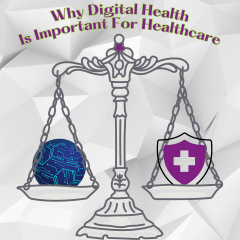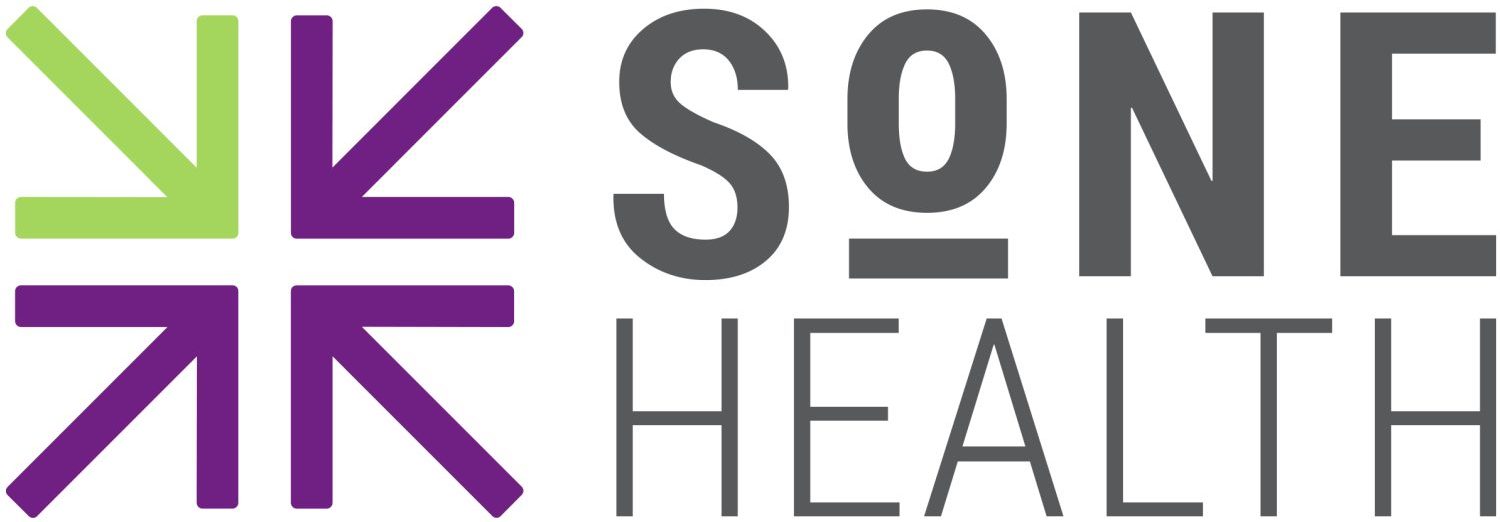
By: Renee Broadbent, MBA, CCSFP
Chief Information Officer & Information Security Officer
Digital health is important for healthcare for several reasons. First and foremost, it offers the potential to improve patient outcomes and enhance the overall quality of care. By leveraging technology, healthcare providers can collect and analyze vast amounts of data, leading to more accurate diagnoses, personalized treatment plans, and better management of chronic conditions.
Additionally, digital health solutions can increase access to healthcare services, particularly in underserved areas or remote locations. Digital health technologies have the potential to bridge healthcare inequities by enabling access to quality healthcare services for all individuals, regardless of their socio-economic status or geographical location for example:
- Telemedicine: Telemedicine allows patients to receive medical consultations and advice remotely through video conferencing or phone calls. This technology can make healthcare services more accessible to individuals in remote or underserved areas who may not have easy access to traditional healthcare facilities.
- Mobile Health Applications: Mobile health apps can provide individuals with easy access to health information, symptom tracking, medication reminders, and personalized health recommendations. These apps can empower individuals to take control of their health and make informed decisions, regardless of their location or financial status.
- Wearable Devices: Wearable devices like fitness trackers and smartwatches can monitor vital signs, activity levels, and sleep patterns. These devices can help individuals manage chronic conditions, prevent diseases, and provide valuable data to healthcare providers for remote monitoring and early detection of health issues.
- Health Data Analytics: Digital health technologies can collect and analyze vast amounts of health data, enabling healthcare providers and researchers to identify patterns, trends, and disparities in healthcare outcomes. This information can be used to develop targeted interventions and policies to address healthcare inequities.
- Health Education and Awareness: Digital platforms can be used to disseminate health education and awareness materials to underserved populations. By providing information on preventive measures, disease management, and healthy lifestyle choices, digital health technologies can empower individuals to make informed decisions about their health.
It’s important to note that while digital health technologies have the potential to bridge healthcare inequities, efforts should be made to ensure that these technologies are accessible to all individuals, including those with limited digital literacy or resources.
Digital health has the potential to improve efficiency and reduce costs within the healthcare system. By automating administrative tasks, streamlining workflows, and facilitating seamless communication between different stakeholders, healthcare providers can save time and resources, ultimately leading to a more sustainable and accessible healthcare system and more importantly, more time with patients!!!
Overall, digital health has the power to revolutionize healthcare by leveraging technology to improve patient outcomes, increase access to care, and enhance efficiency within the healthcare system.


